Home>Garden Essentials>How Long Does It Take For A Lemon Seed To Grow
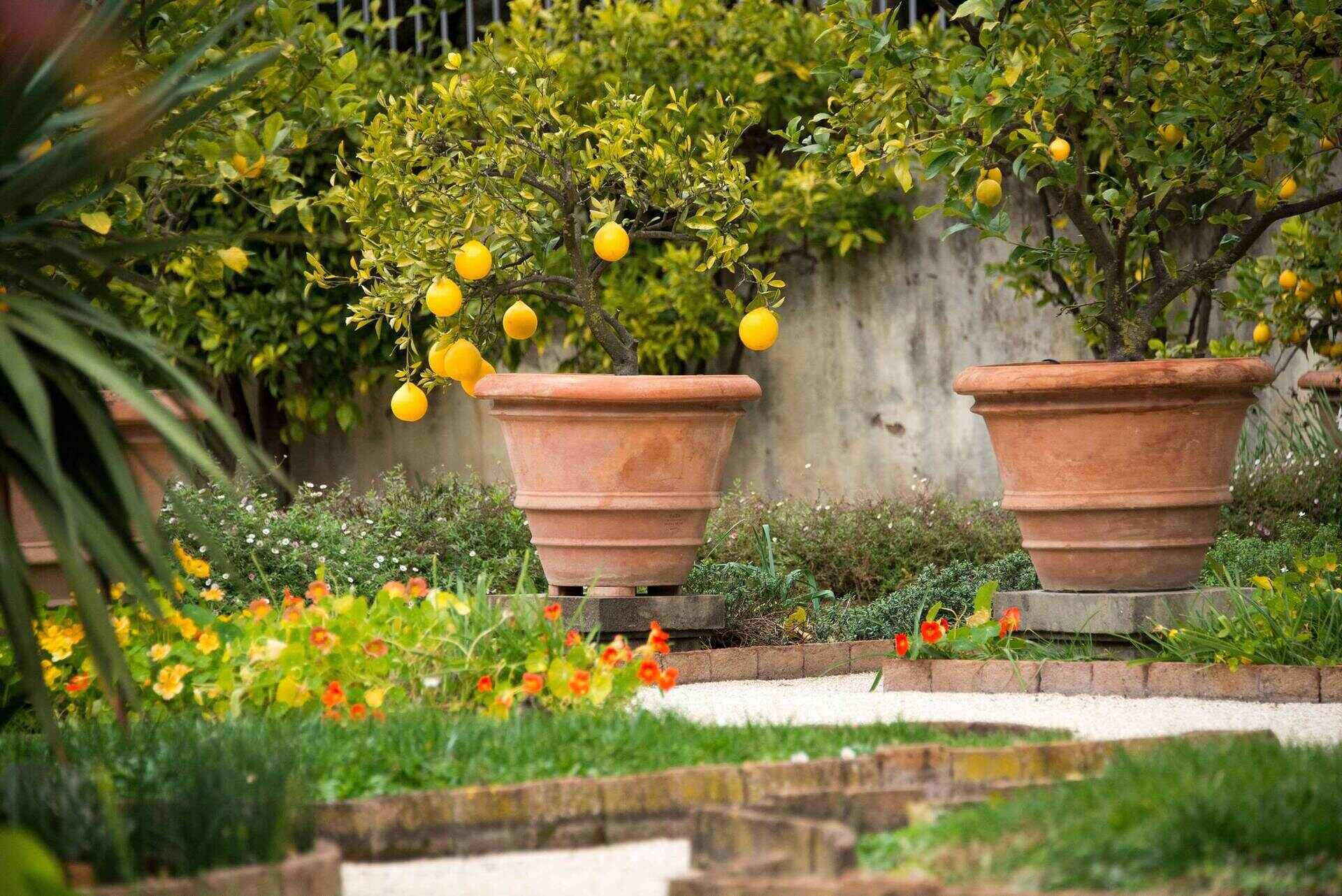

Garden Essentials
How Long Does It Take For A Lemon Seed To Grow
Modified: March 16, 2024
Discover how long it takes for a lemon seed to grow in your garden. Learn the secrets to successful cultivation and enjoy fresh, homegrown lemons.
(Many of the links in this article redirect to a specific reviewed product. Your purchase of these products through affiliate links helps to generate commission for Storables.com, at no extra cost. Learn more)
Introduction
Welcome to the world of citrus gardening! If you’re a fan of fresh, tangy lemonade or the zesty flavor of lemon zest in your favorite recipes, why not try growing your own lemon tree? While you can certainly buy a small lemon tree at a nursery, it can also be a rewarding and educational experience to start from scratch with a lemon seed. But you might be wondering, how long does it take for a lemon seed to grow? In this article, we’ll delve into the germination process of a lemon seed and discover the factors that influence its growth timeline.
Growing a lemon tree from seed is a fascinating journey that allows you to witness the entire lifecycle of this remarkable plant. From the tiny seed to a flourishing tree that bears beautiful yellow fruits, you’ll get to experience the miracle of nature firsthand. Not only is it a gratifying experience, but it can also be a great way to introduce children to the wonders of gardening and encourage an appreciation for the natural world.
Before we dive into the specifics of lemon seed germination, it’s important to understand that the process can vary from seed to seed. Factors such as seed quality, environmental conditions, and proper care play a significant role in determining the germination rate and timeline. It’s important to be patient and keep in mind that nature operates on its own schedule.
So, if you’re ready to embark on this horticultural adventure, let’s explore the fascinating world of lemon seed germination and discover how you can nurture your own lemon tree from a tiny seed into a flourishing citrus tree.
Key Takeaways:
- Growing a lemon tree from seed is a patient and rewarding experience, with factors like seed quality, temperature, and moisture influencing the germination process.
- Techniques like soaking, scarification, and providing bottom heat can help speed up lemon seed germination, but patience is key as nature determines the timeline.
Factors Affecting Lemon Seed Germination
While lemon trees are known for their resilience and ability to adapt to various environments, there are several factors that can influence the germination of lemon seeds. Understanding these factors will help you create optimal conditions for successful germination and ensure the healthy growth of your lemon tree.
Seed Quality: The quality of the lemon seed itself is of utmost importance. Fresh, viable seeds have a higher chance of successful germination compared to old or damaged seeds. Select seeds from healthy, fully ripened lemons to increase the likelihood of successful germination.
Temperature: Lemon seeds require warm temperatures to germinate. The ideal temperature range for lemon seed germination is between 70°F (21°C) and 85°F (29°C). Temperatures above or below this range can significantly impact the germination rate.
Moisture: Adequate moisture is essential for lemon seed germination. Seeds should be kept consistently moist but not waterlogged. Maintaining a damp environment will aid in the penetration of water into the seed, triggering the germination process.
Light: Unlike some other plants, lemon seeds do not require light to germinate. In fact, exposing the seeds to direct sunlight can inhibit germination. It is best to keep the seeds in a dark, warm location until they’ve sprouted.
Soil Conditions: The soil in which lemon seeds are planted should be well-draining to prevent waterlogging, which can lead to rotting. It’s recommended to use a loose, sandy soil mix that allows for proper drainage and aeration.
Seed Treatment: Some gardeners employ seed treatments such as scarification or stratification to enhance germination rates. Scarification involves nicking or breaking the seed coat to help water penetrate, while stratification mimics the natural cycle of cold temperatures to prompt germination.
Patience: It’s important to keep in mind that germination can take time. Lemon seeds may take anywhere from 2 weeks to several months to sprout. Be patient and provide the ideal growing conditions, and before you know it, you’ll see the first signs of growth.
By considering these factors and providing the optimal conditions for lemon seed germination, you’ll significantly increase the chances of successful sprouting and the subsequent growth of a healthy lemon tree. So, let’s move on to explore the fascinating germination process in more detail.
The Germination Process
The germination process of a lemon seed is a remarkable journey that begins with the right combination of moisture, warmth, and time. Understanding the various stages of the germination process will give you insight into what is happening beneath the soil as your lemon seed starts its journey towards becoming a thriving citrus tree.
Stage 1: Seed Activation
The germination process starts with the activation of the lemon seed, triggered by the absorption of water. Once the seed is adequately hydrated, it initiates biochemical changes that break down stored nutrients and prepare for growth.
Stage 2: Radicle Emergence
After activation, the radicle, which will eventually become the root system of the lemon tree, emerges. It grows downward, seeking moisture and establishing its anchorage in the soil.
Stage 3: Plumule Development
As the radicle continues to grow, the plumule, which will develop into the stem and leaves, starts to emerge from the seed. The plumule grows upwards, seeking light and energy for photosynthesis.
Stage 4: Leaf Expansion
Once the plumule emerges from the seed, the leaves start to expand and unfold. This is a critical stage as the leaves are responsible for harnessing the energy from sunlight and converting it into food through photosynthesis.
Stage 5: Root Growth
While the leaves are expanding, the root system continues to grow, spreading outwards in search of water and nutrients in the soil. A robust, well-developed root system is crucial for the overall health and stability of the lemon tree.
Stage 6: Seedling Growth
As the root system continues to develop and the leaves expand, the seedling undergoes rapid growth. It starts to establish its structure and display traits that are characteristic of a young lemon tree.
Each stage of the germination process is essential for the growth and development of a healthy lemon tree. Providing the right conditions and care during these stages will greatly influence the success of your lemon seed germination. Now that we understand the process, let’s explore the typical timeline for lemon seed germination.
Germination Timeline of a Lemon Seed
The germination timeline of a lemon seed can vary depending on several factors, including seed quality, environmental conditions, and care. While nature operates on its own schedule and individual seeds may have different rates of germination, understanding the general timeline can give you an idea of what to expect during the germination process.
Week 1-2: Seed Activation
During the first week or two after planting the lemon seed, the seed will undergo activation. It absorbs water, swells, and begins the biochemical processes necessary for growth. You may not see any visible signs of germination during this stage.
Week 2-4: Radicle Emergence
After the seed activation stage, the radicle, or the primary root, emerges from the seed and grows downward into the soil. This is the first visible sign of germination, and you may start to see a small root emerging from the planted seed.
Week 4-6: Plumule Development
As the radicle continues to grow, the plumule, which will become the stem and leaves of the lemon tree, starts to emerge from the seed. You may notice a tiny green shoot pushing its way through the soil during this stage.
Week 6-8: Leaf Expansion
Once the plumule has emerged, the leaves of the lemon seedling start to expand and unfold. The seedling will begin to establish its leaf structure and display its characteristic lemon tree appearance. This stage is crucial for harnessing sunlight and initiating photosynthesis.
Week 8-12: Root Growth
While the leaves are expanding, the root system of the lemon seedling continues to develop and spread outwards. It searches for moisture and nutrients in the soil, creating a strong foundation for the tree’s future growth.
Week 12 and onwards: Seedling Growth
At this stage, the lemon seedling has developed a robust root system and fully expanded leaves. It will continue to grow and establish its overall structure as a young lemon tree. With proper care and suitable environmental conditions, the seedling will evolve into a thriving citrus tree over time.
It’s important to note that these timeframes are approximate and can vary depending on various factors. Patience is key during the germination process, as some seeds may take longer than others to sprout. By providing optimal conditions and regular care, you can help facilitate the germination and growth of your lemon seed. Let’s now explore the environmental requirements for successful lemon seed germination.
Lemon seeds can take 2-4 weeks to germinate. To speed up the process, soak the seeds in warm water for 24 hours before planting and keep the soil consistently moist.
Environmental Requirements for Lemon Seed Germination
Creating the right environmental conditions is crucial for the successful germination of lemon seeds. By providing the optimal conditions, you can ensure that your lemon seeds have the best chance of sprouting and developing into healthy young trees. Let’s explore the key environmental requirements for lemon seed germination.
Temperature: Lemon seeds require warm temperatures to germinate. The ideal temperature range for lemon seed germination is between 70°F (21°C) and 85°F (29°C). Maintaining a consistent temperature within this range will encourage the seeds to sprout. You can use a heating mat or choose a warm location in your home to create the desired temperature for germination.
Moisture: Adequate moisture is essential for successful germination. The lemon seeds need to be consistently moist, but not waterlogged. It’s recommended to water the soil gently and ensure that it remains damp throughout the germination process. Covering the planted seeds with a plastic wrap or using a humidity dome can help retain moisture and create a suitable germination environment.
Light: Lemon seeds do not require light to germinate and can actually be inhibited from sprouting if they are exposed to direct sunlight. Therefore, it’s best to keep the planted seeds in a dark location, such as a closed container or a cupboard, until they have sprouted. Once the seeds have germinated and the seedlings have emerged, you can gradually introduce them to indirect sunlight.
Soil Conditions: The soil in which you plant your lemon seeds should be well-draining to prevent waterlogging, which can lead to seed rot. It’s advisable to use a loose, sandy soil mix that allows for proper drainage and aeration. Avoid using heavy, compacted soils that retain excess moisture.
Air Circulation: Good air circulation is essential for minimizing the risk of fungal infections during the germination process. Ensure that the germination environment has adequate ventilation to prevent the buildup of excess moisture and promote healthy seedling growth.
Patience and Time: Lemon seed germination can take time, so be patient. Some seeds may sprout in just a few weeks, while others may take several months. It’s important to consistently provide the ideal environmental conditions and have a little patience as you await the sprouting of your lemon seeds.
By understanding and meeting these environmental requirements, you can create a favorable germination environment for your lemon seeds. These conditions will maximize the chances of successful germination and lay the foundation for the healthy growth of your lemon tree. However, if you’re looking to expedite the germination process, there are some helpful tips you can follow. Let’s explore them next.
Read more: How Long Does It Take Seeds To Grow
Tips for Speeding up Lemon Seed Germination
If you’re eager to see your lemon seeds sprout and start growing into healthy seedlings, there are a few tips and tricks you can try to speed up the germination process. While nature still plays a significant role in determining the timeline, following these suggestions can help expedite the germination of your lemon seeds.
Soak the Seeds: Before planting the lemon seeds, consider soaking them in warm water for 24 hours. This can help soften the seed coat and promote quicker germination.
Scarify the Seeds: Another technique you can try is scarifying the lemon seeds. This involves gently nicking or scratching the seed coat with a file or sandpaper. Scarification can help water penetrate the seed more easily, leading to faster germination.
Stratify the Seeds: Stratification is a process that involves mimicking the natural cold exposure that the seeds would experience during winter. You can place the lemon seeds in a moist paper towel or in a plastic bag with damp vermiculite and refrigerate them for 4-6 weeks. After stratification, transfer the seeds to a warm environment to initiate germination.
Provide Bottom Heat: Lemon seeds thrive in warm temperatures. Using a heating mat underneath the seed tray or container can provide consistent bottom heat and expedite the germination process.
Use a Seedling Heat Mat: Consider investing in a seedling heat mat, which provides controlled heat specifically designed for seed germination. These mats maintain a constant temperature and can speed up the germination process significantly.
Keep the Environment Moist: Adequate moisture is crucial for germination. Ensure that the soil or germination medium remains consistently moist but not waterlogged. Mist the top of the soil or use a spray bottle to moisten it without disturbing the seeds.
Provide Optimal Light Conditions: Although lemon seeds don’t require light to germinate, providing them with bright, indirect light once they’ve sprouted can help the seedlings grow stronger. Place them in a location with ample natural light or use fluorescent grow lights if necessary.
Ensure Proper Ventilation: Good air circulation is essential to prevent fungal diseases. Make sure the germination environment is well-ventilated, allowing fresh air to circulate around the seeds and seedlings.
Stay Consistent and Patient: While these tips can help speed up the germination process, it’s important to remain consistent in providing the ideal conditions and exercise patience. Nature has its own pace, and some seeds may still take several weeks or even months to sprout. Be diligent in your care while allowing nature to take its course.
By following these tips, you can potentially expedite the germination process of your lemon seeds. Remember to keep the seeds warm, moist, and in a well-ventilated environment. With a little bit of extra effort, you’ll be rewarded with the sight of sprouting lemon seeds and the joy of nurturing your very own lemon tree.
Now that we’ve explored the tips for speeding up germination, let’s summarize all the information we’ve covered and conclude our discussion on lemon seed germination.
Conclusion
Growing a lemon tree from a seed can be a fascinating and fulfilling experience. Understanding the process of lemon seed germination, along with the factors that influence it, is key to successfully nurturing a healthy lemon tree. By providing the right environmental conditions, patience, and care, you can increase the chances of successful germination and set your lemon seeds on the path to becoming thriving citrus trees.
Factors such as seed quality, temperature, moisture levels, and proper soil conditions all play a significant role in the germination process. Being aware of these factors and taking measures to meet the necessary requirements will greatly improve your chances of successful germination.
It’s important to remember that lemon seed germination can vary from seed to seed, and nature operates on its own timeline. While some seeds may sprout in just a few weeks, others may take longer. It’s crucial to exercise patience and provide consistent care throughout the germination process.
If you’re looking to speed up the germination process, you can try techniques such as soaking, scarification, stratification, and providing bottom heat. These methods can help expedite the sprouting of your lemon seeds, but keep in mind that not all seeds will respond in the same way. Nature has its own plan and ultimately determines the timeline for sprouting.
By understanding the germination process, meeting the environmental requirements, and implementing helpful tips, you can maximize the chances of success and witness the growth of your lemon seeds into vibrant seedlings.
Embarking on the journey of growing a lemon tree from seed is not only a rewarding endeavor but also an opportunity to connect with nature and appreciate the wonders of the plant world. So, go ahead, plant your lemon seeds, provide them with the necessary care, and enjoy the journey as you watch them transform into beautiful, fruitful lemon trees that will provide you with years of delightful citrus harvests.
Frequently Asked Questions about How Long Does It Take For A Lemon Seed To Grow
Was this page helpful?
At Storables.com, we guarantee accurate and reliable information. Our content, validated by Expert Board Contributors, is crafted following stringent Editorial Policies. We're committed to providing you with well-researched, expert-backed insights for all your informational needs.
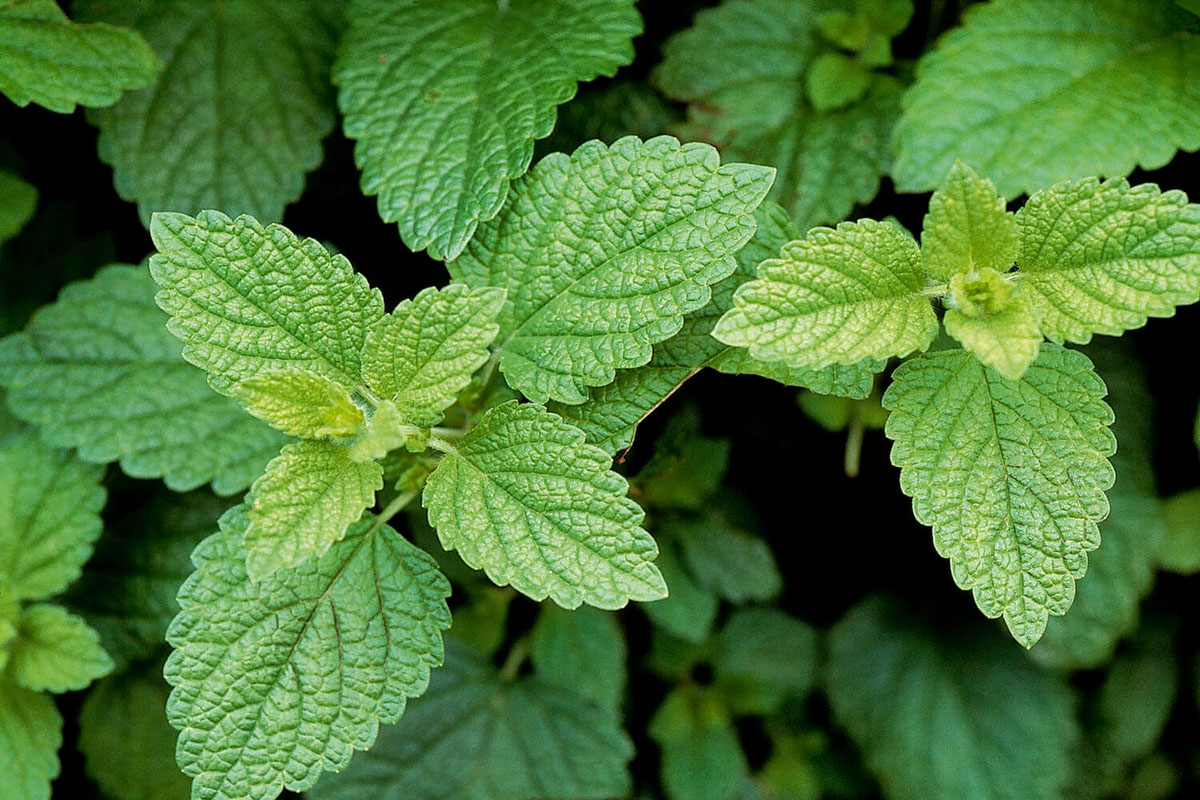
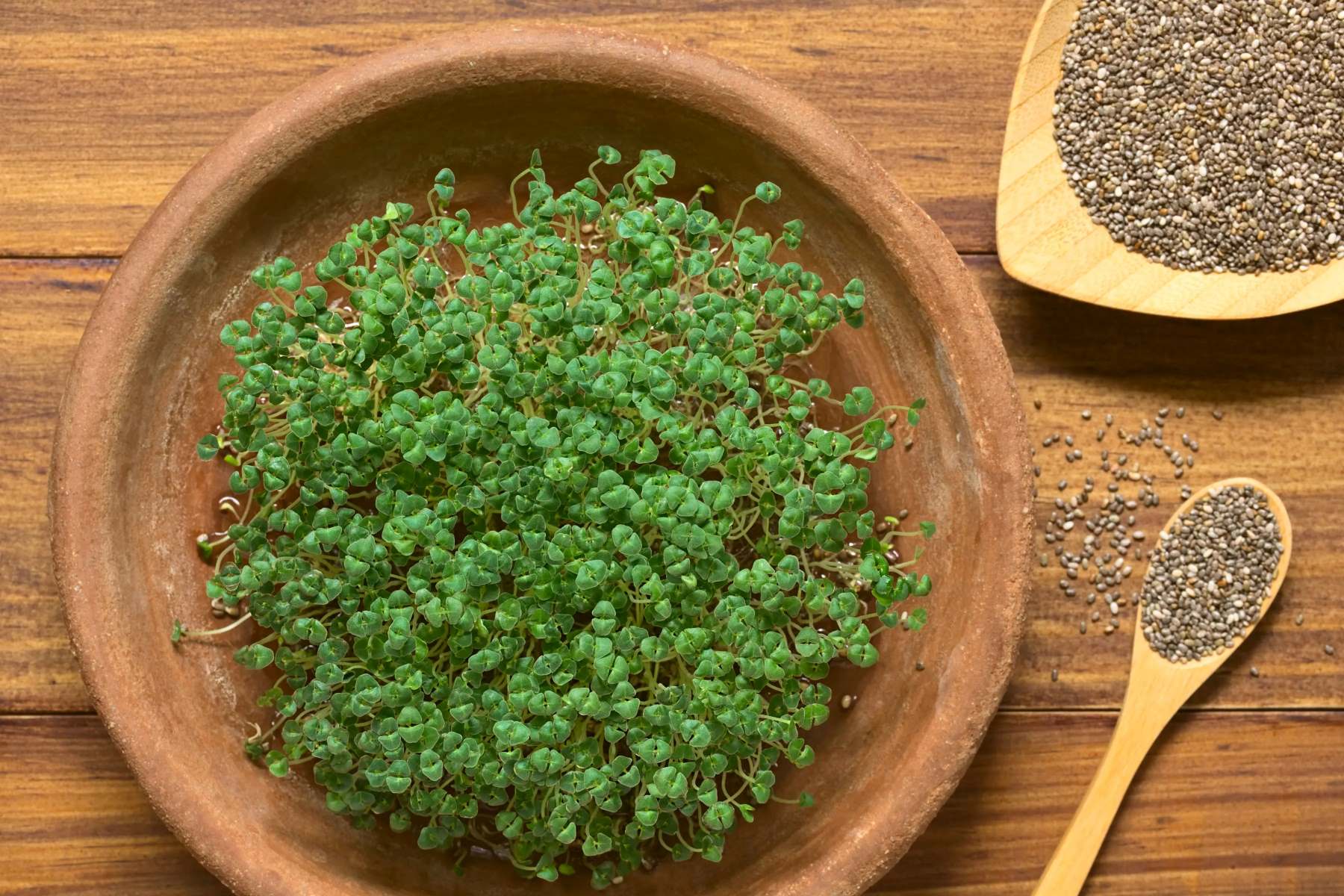

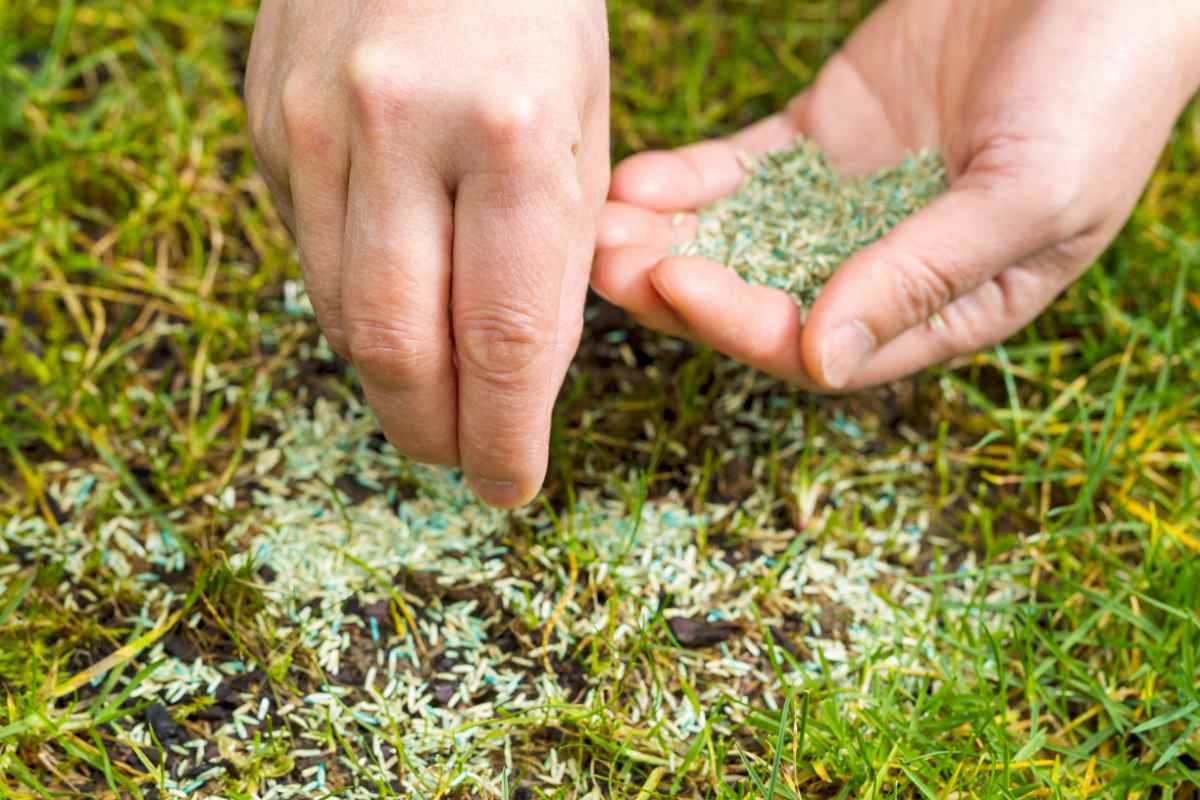
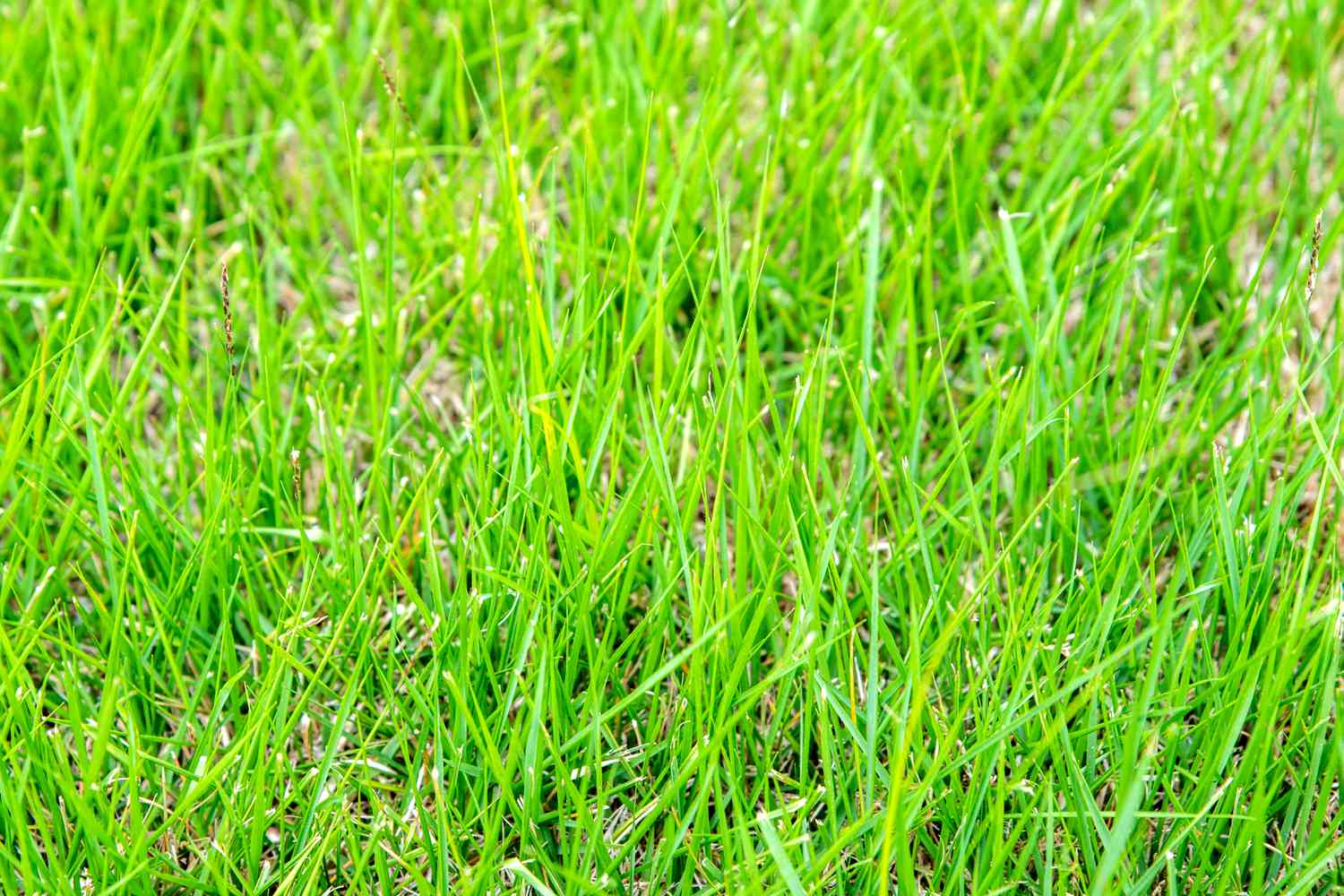

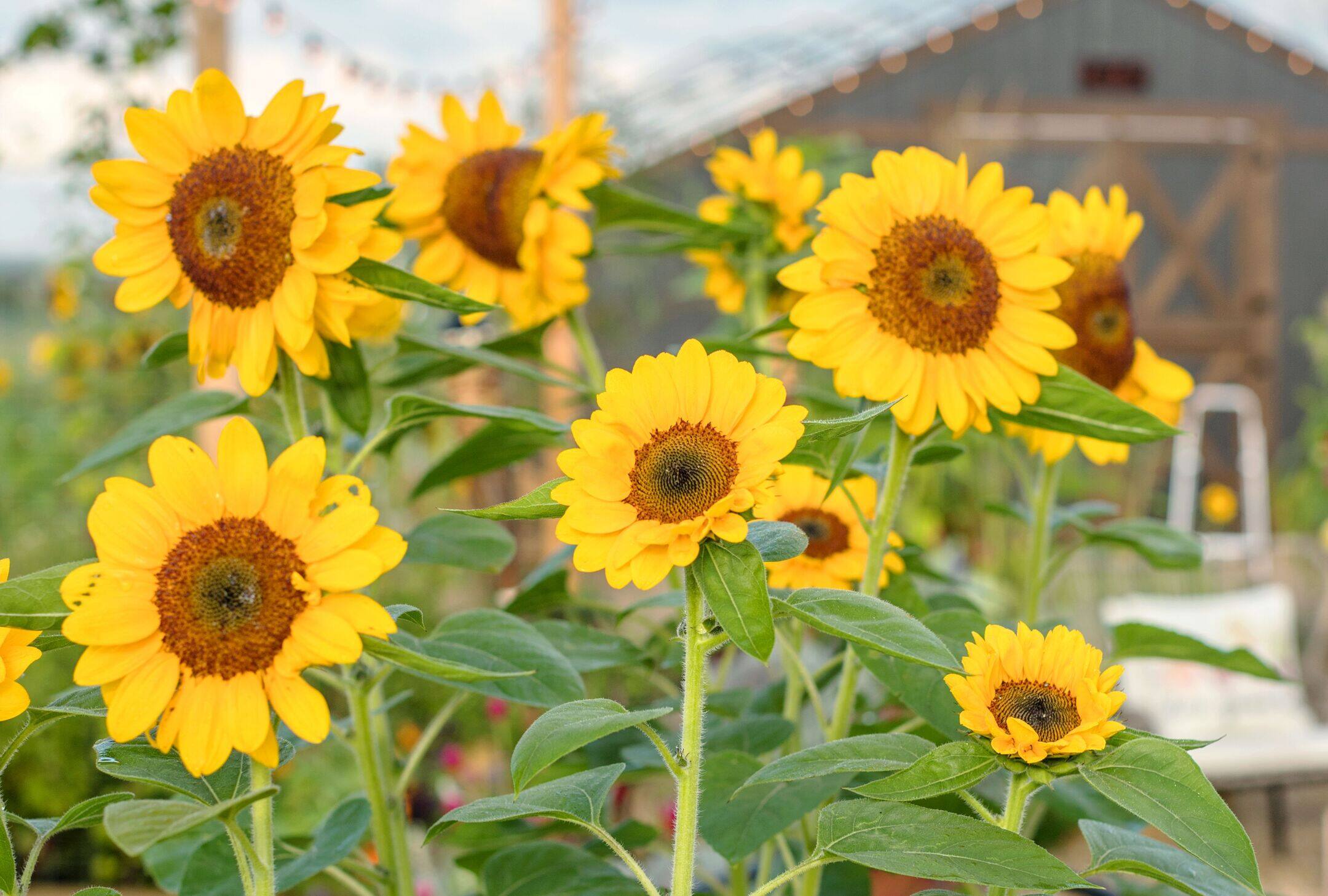
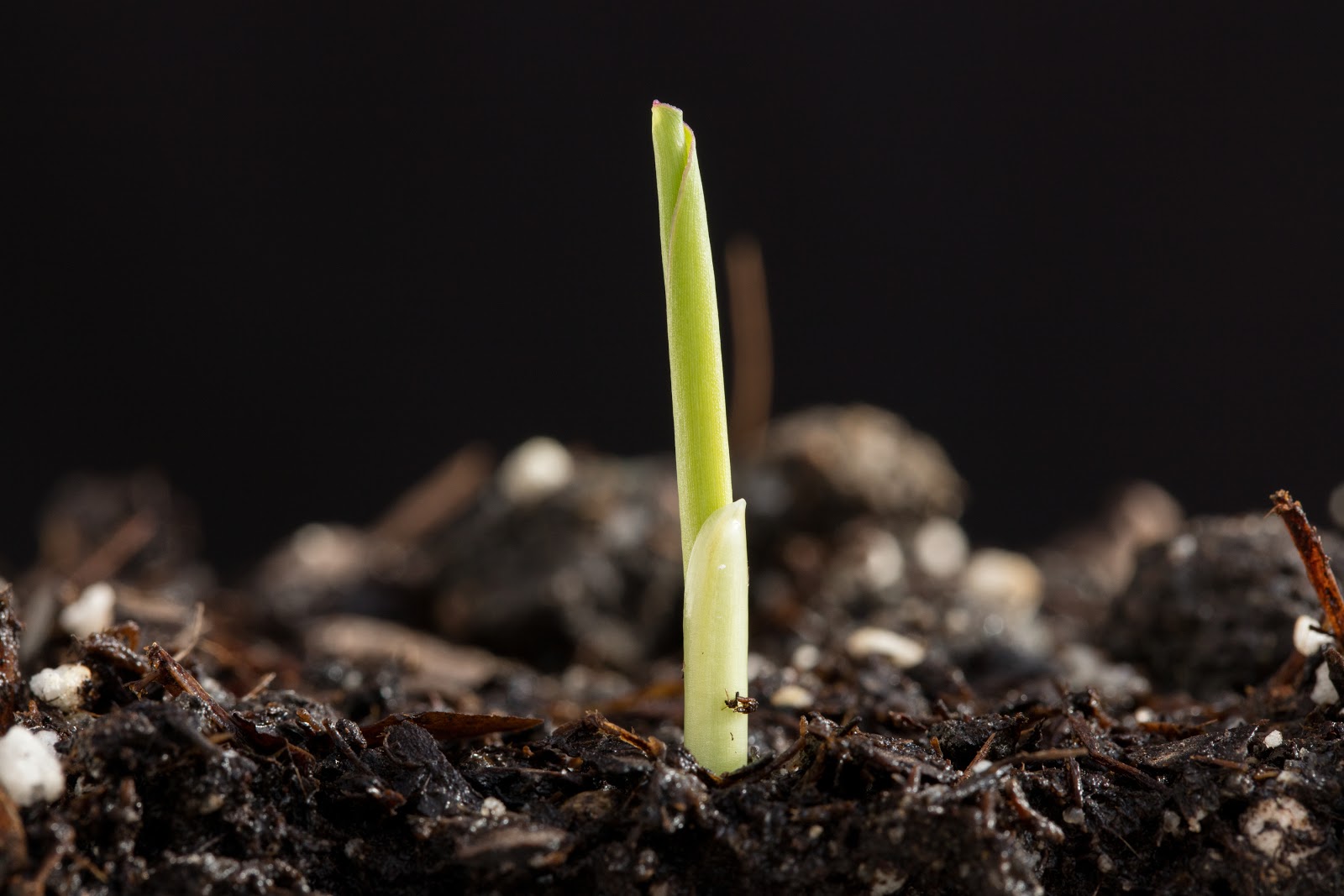
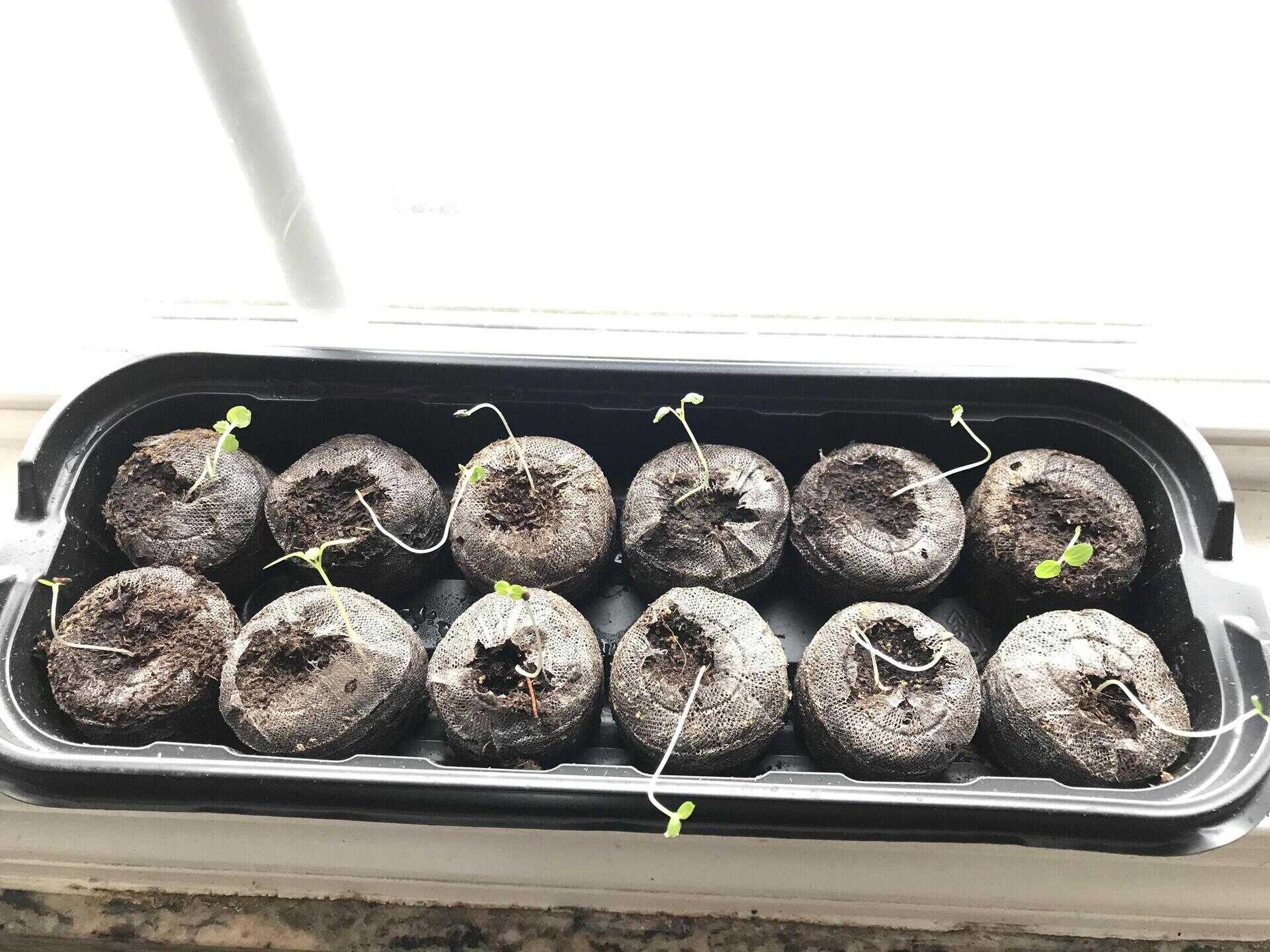
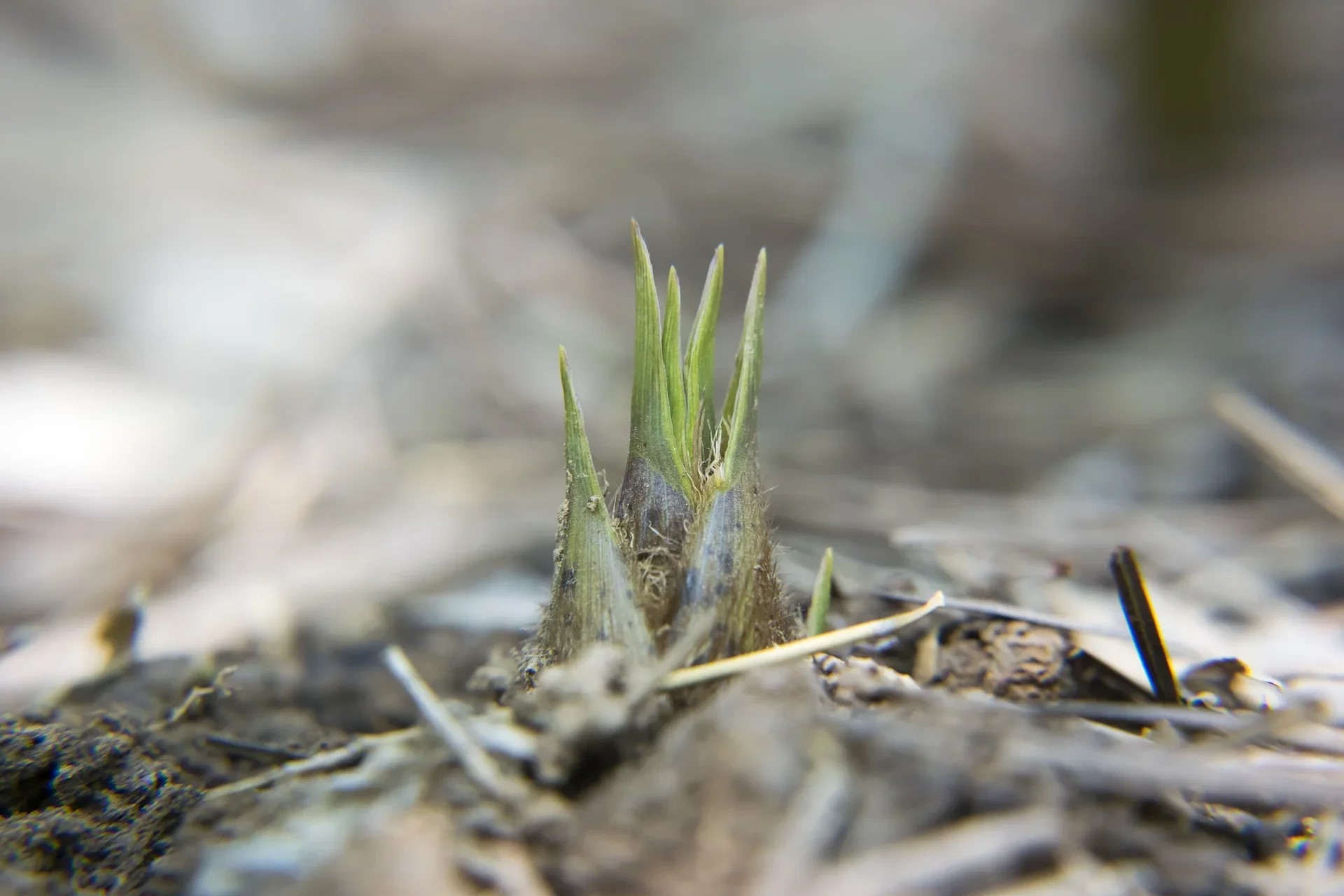
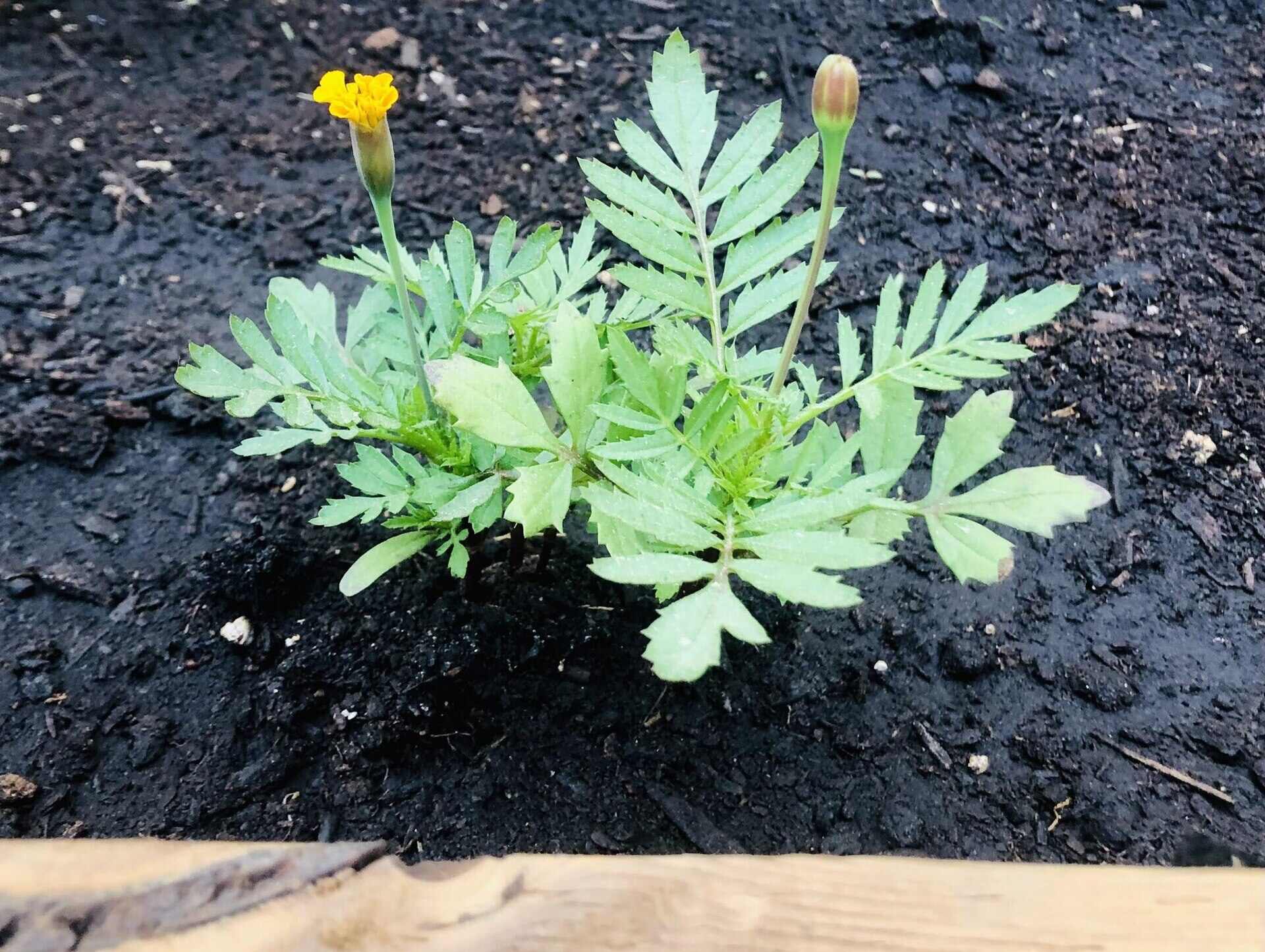

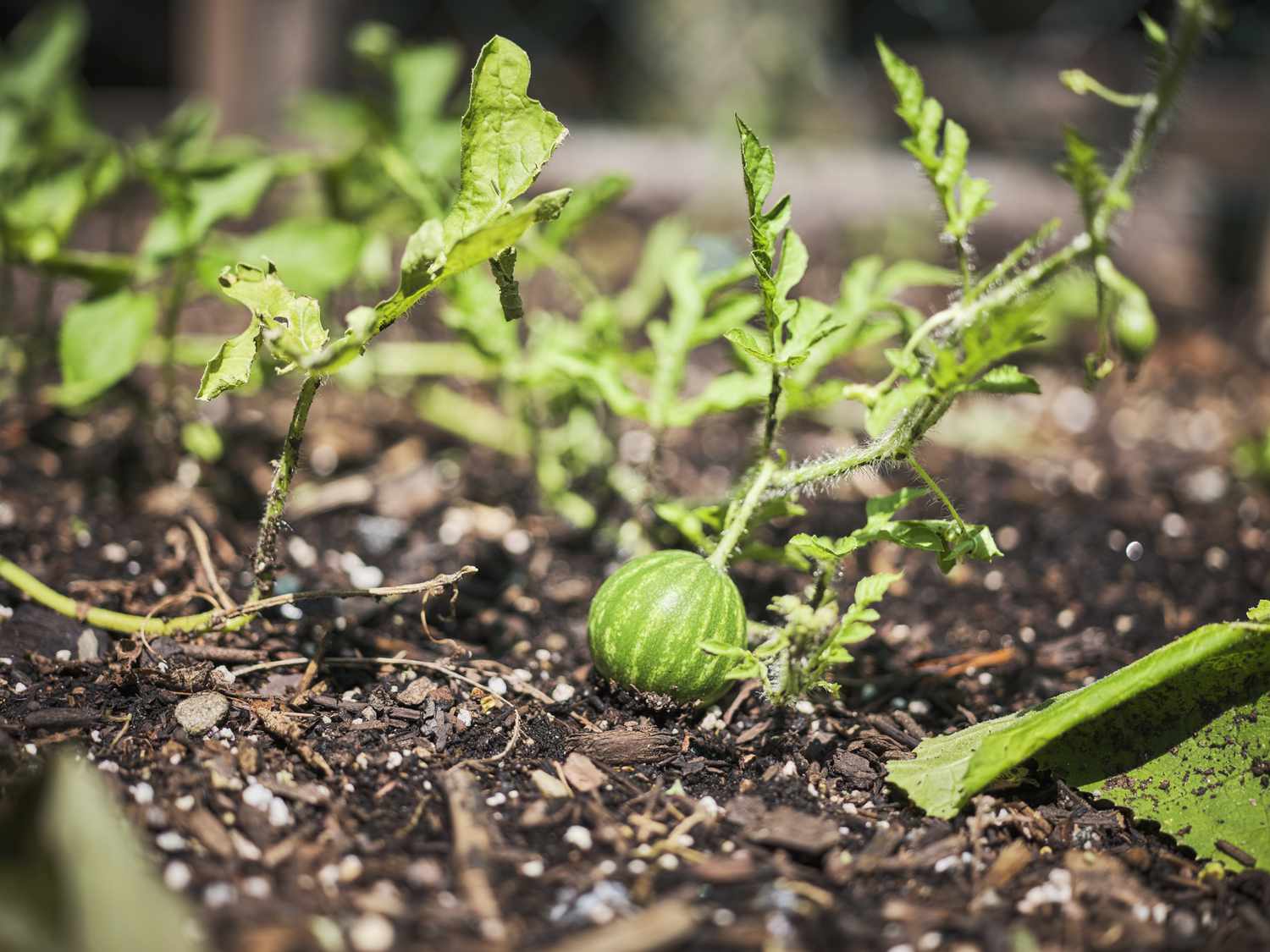
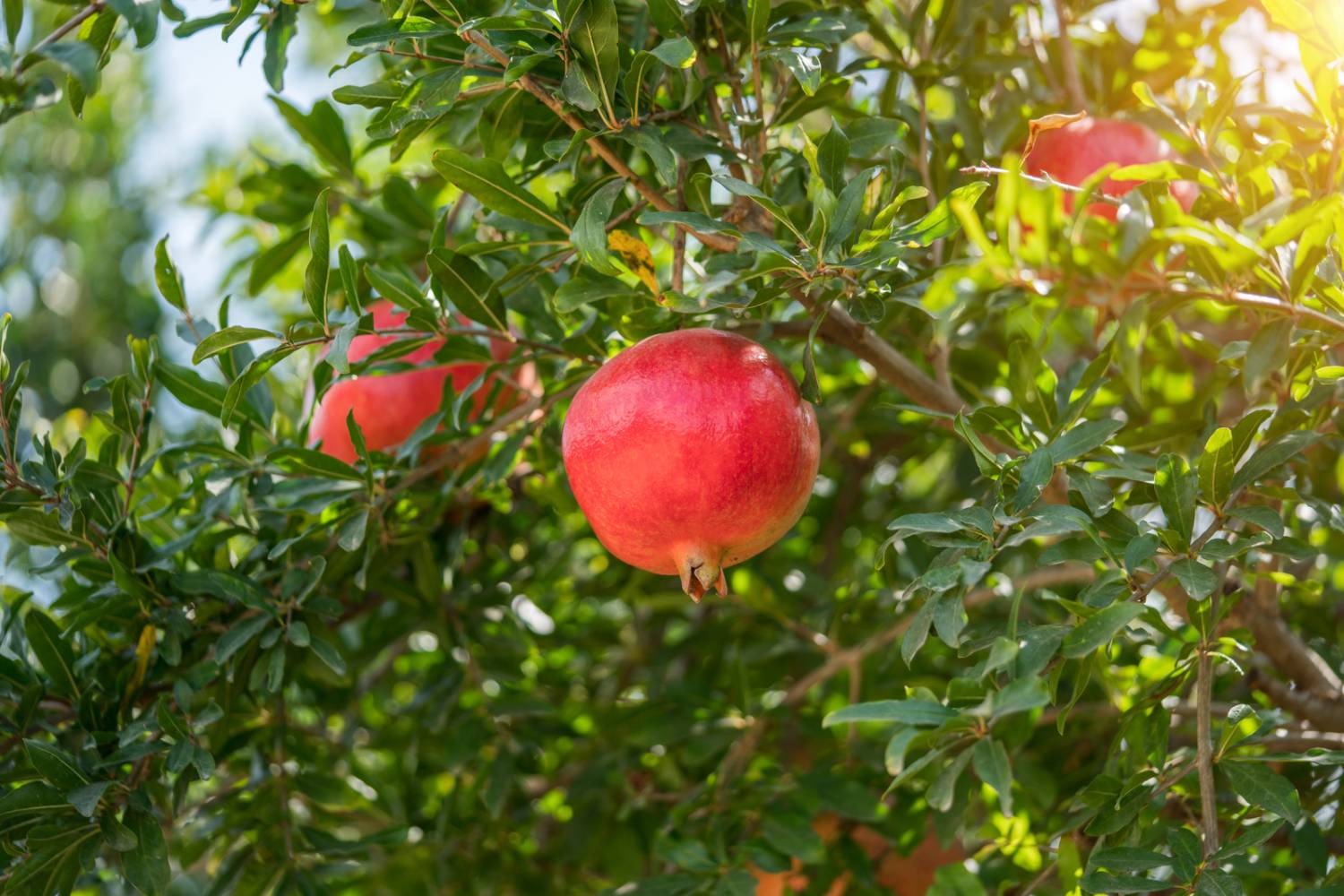

0 thoughts on “How Long Does It Take For A Lemon Seed To Grow”